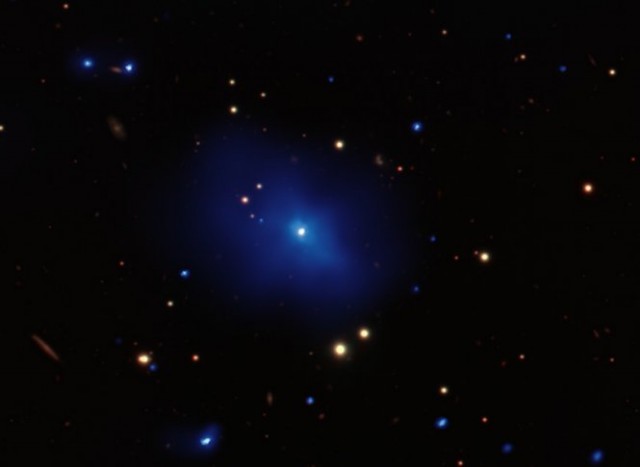Is entanglement real or is there a super-deterministic cosmic conspiracy?
Ars Technica » Scientific Method 2014-02-24

Entanglement is one of the stranger aspects of quantum mechanics. Once two particles are entangled, you can separate them by any distance, and measurements of one will instantly set the state of the second.
Because this behavior is so weird, researchers have been trying to find out if there might be some classical behavior going on that is masquerading as quantum physics. One possibility they've considered is that the detectors are interacting with quantum systems in a hidden way to fool us into thinking entanglement is real. Admittedly it's an unlikely proposition, but one that is difficult to dismiss entirely.
It may be that we're limited to making only certain measurements because there is some sort of cryptic information exchange between particles and the devices measuring them. If this is the case, then human researchers have far less choice than they think they have when it comes to performing experiments. One way to test this is to arrange an entanglement experiment that will produce different outcomes based on whether these hidden interactions exist or not.
Read 17 remaining paragraphs | Comments